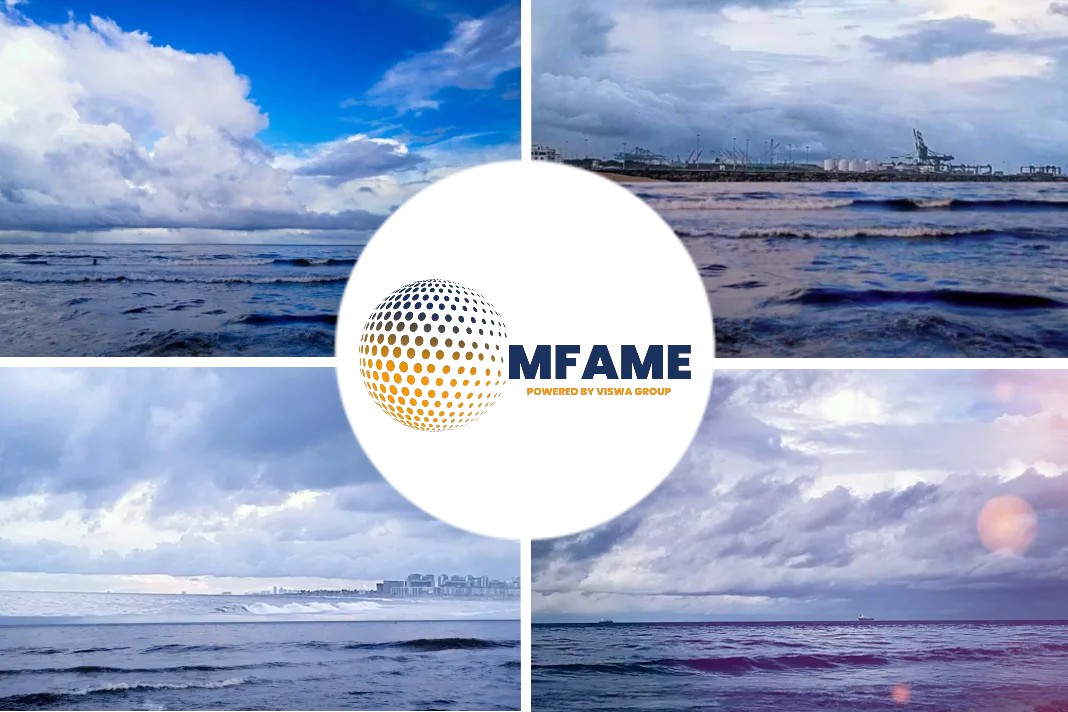- Innargi, founded by the holding company behind shipping giant Maersk, signed a deal to build a geothermal district heating plant.
- Geothermal power has the advantage of being more stable than weather-dependent renewables.
- Less than 1% of Denmark’s district heating comes from geothermal energy.
Innargi, founded by the holding company behind shipping giant Maersk, signed a deal to build a geothermal district heating plant that will heat thousands of homes by harnessing heat from the earth’s core, says an article published on Reuters website.
Benefits of Geothermal power
Geothermal power has the advantage of being more stable than weather-dependent renewables, but as an expensive and not yet mature technology, has not seen the explosive growth enjoyed by wind an solar power in Europe.
Completion date
The Danish plant, which will be the EU’s largest, is expected to be completed in 2029 and will provide up to 20% of Denmark’s second-biggest city Aarhus’ district heating demand, Innargi said in a statement.
Water will be extracted two to three kilometres below the surface at a temperature of 60-90 degrees Celsius. At the surface, the water’s heat is captured and transferred to the district heating network, it said.
Great opportunities to develop green district
The firm was founded by the Maersk family’s investment company, A.P. Moller Holding, which also controls A.P. Moller-Maersk (MAERSKb.CO). It has raised capital from Denmark’s largest pension fund ATP and Danish utility NRGi, which own 37% and 20%, respectively.
“We see great opportunities for Innargi to develop green district heating for Aarhus and millions of homes in other cities in Europe,” Chief Executive of A.P. Moller Holding Robert M. Uggla said in the statement.
The capital expenditure for the plant will be 1.5 billion Danish crowns ($231.17 million), an Innargi spokesperson told Reuters.
District heating warms around 64 percent of Danish households and is largely immune to market fluctuations, meaning consumers’ heating bills have been shielded from the record high wholesale energy prices seen across Europe.
Less than 1% of Denmark’s district heating comes from geothermal energy.
Did you subscribe to our daily newsletter?
It’s Free! Click here to Subscribe!
Source: Reuters


















